Become a NESTA Certified Fitness Professional
- 100% Online: Learn anytime, anywhere.
- Choice & Affordability: Explore diverse certs.
- Flexible Pacing: Study at your own speed.
Our Popular
Training & Certification Courses
Trusted by 50,000+ TRAINERS & Coaches GLOBALLY
Here’s why NESTA is for you
100% online, easily accessible
Science-based education
Committed to supporting our members
Emphasis on practical application
Strong business curriculum to help ensure your success

OUR VISION
A VISION YOU CAN TRUST
At the National Exercise & Sports Trainers Association (NESTA), our future is focused on serving and educating fitness professionals as both leaders and motivators of personal health, nutition, fitness and wellness. With a rich history of pioneering organizational achievements, we remain committed to advancing fitness professionals, future-forward.
Our vision connects the skills and commitment needed to address global health and fitness needs with the communities we serve and the industry we represent. NESTA will continue developing fitness professionals that are trained to exceed the expectations for each client served.
Blog news
Latest News

April 17, 2024
Are you passionate about helping others achieve their fitness goals? Do you dream of a career where you make a real difference in people’s

April 17, 2024
The Importance of Tracking Fitness Assessments Fitness assessments for clients play a integral role for fitness professionals, providing valuable insights into clients’ current fitness





